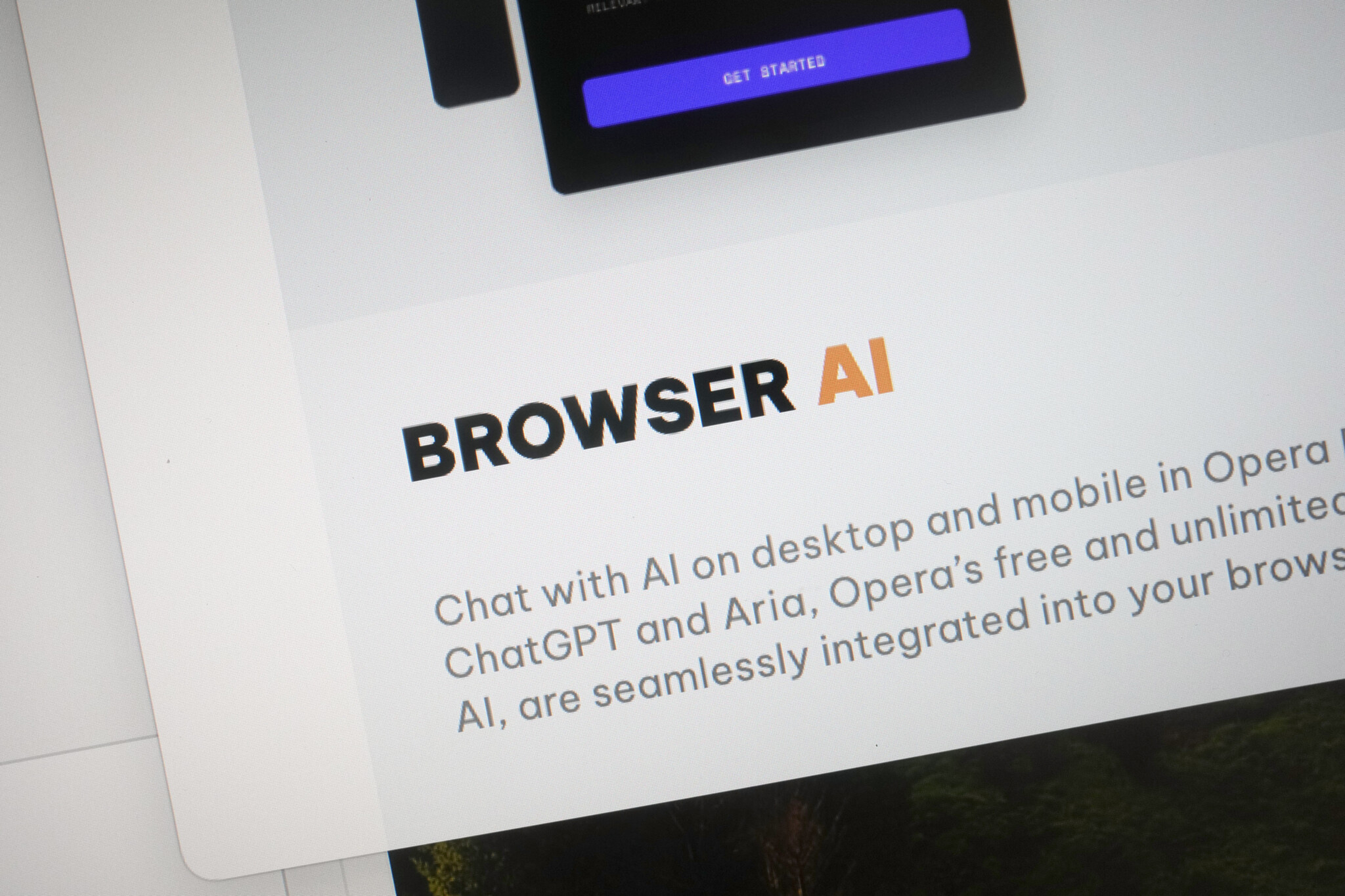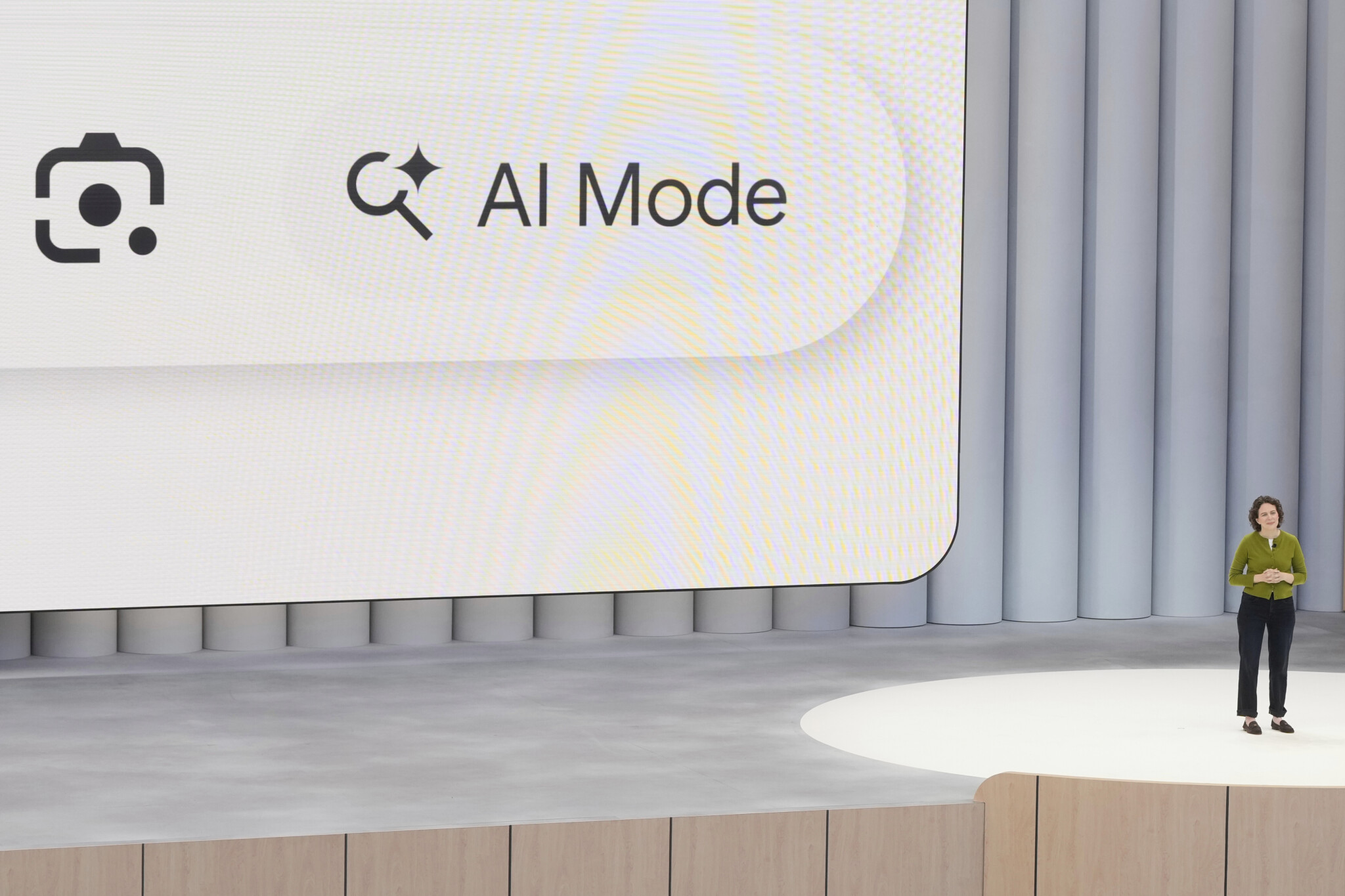For the last 20 years, one of the key ways businesses, governments, and lobby groups vied for influence was by creating compelling digital content and driving traffic to it through online advertising. Entire industries grew up to help create this content, place it in optimal digital environments to reach desired audiences, and develop the ad creative and micro targeting to drive engagement. This strategy consistently produced campaigns that helped define issue sets, moved the public to action, and influenced government policy making.
Right now, in real time, this entire model of influence is coming apart. The great disruptor is the arrival of AI-powered search, and it is about to change everything.
As multiple recent studies show, AI tools—applications such as ChatGPT and Google’s AI Overviews and AI Mode—are significantly disrupting Canadians’ online behaviour. The latest SEO data shows 70 percent of all Google searches are now “zero-click,” meaning the user does not leave the search engine’s home page by clicking on a sitelink. This zero-click statistic increases to a mindblowing 92 percent when the user’s Google search query generates an AI Overview. With Google responsible for 90 percent of all web searches in Canada and the U.S., it is clear that AI-powered search will continue to fundamentally change Canadians’ use and experience of the internet for the foreseeable future.
The impact of chatbots like Perplexity, ChatGPT, and Claude on user behaviour and web traffic is even more stark. These market leaders in AI-powered research and inquiry send 96 percent less search volume to third-party sites than Google, effectively making them closed information systems. A finding confirmed by a recent Pew study of the habits of chatbot users found that a minuscule 1 percent of users click on citations in AI summaries that link to external references. The use of these powerful online tools is growing quickly. In 2024, 43 percent of young adults used chatbots daily. That increased to 58 percent by summer 2025.

Graphic credit: Janice Nelson
The Hub was early to cover these seismic shifts, reporting on growing industry awareness that information-based websites will likely suffer even more dramatic traffic losses in the coming months as the trend towards AI-powered search and ubiquitous chatbot use accelerates. Some commentators, especially in the world of online publishing, are now musing about the coming of an internet “apocalypse.” Specifically, as the ad revenues of information-based online businesses collapse in parallel with plummeting traffic from Google and the surging popularity of AI chatbots (where 99 percent of users don’t click on external links), the entire business model of a large portion of the web could go away, forever.
While the so-called “Google Zero” scenario is likely overblown, the sweeping changes already underway in user behaviour online, especially regarding search, warrant serious attention. Every organization concerned with digital influence needs to be thinking about how to advance its interests in an internet radically reshaped by AI.
The key insight brands and campaigns need to take on board is that the battle for influence is no longer about who can create the landing page with the highest conversion rate. Or about optimizing your content for Google search. Or about paying for ads to have your content break through to public consciousness. The new game is about shaping the AI summary to reflect your priorities and preferences.
While the determination of what feeds into an AI summary created by a chatbot like ChatGPT or Google AI Overview in response to a user search query can seem opaque, a growing body of evidence shows that it’s actually not. AI summaries can be influenced.
AI summaries are generated by scraping the web (increasingly in real time) and do so using a complex series of scoring metrics to select what sources make up the final AI “overview.” In the simplest terms, this means brands and campaigns can and should be optimizing their content for AI summation. This process begins with creating reliable, informative content that is preferred by the AI overviews. Put another way, campaign content has to shift simply from focusing on keywords, landing pages, and ad buys to instead being thoughtful about how your content will be ingested and repurposed by AI.

Graphic credit: Janice Nelson
It is also critical to consider how AI summaries are affected by where you originate your content. Research from SE Ranking shows that AIs tend to pull from information-rich, contextualized content originated by trusted sources over all else. Here, digital media outlets have an advantage, as they are much more likely to be scored by AIs as factually reliable. Recent studies indicate that 20 percent of all AI summaries include at least one citation from a recognized digital news outlet, and that when they cite news media generally, they average 1.74 citations per response. AIs also prefer digital news media because their content is organized around scrapable metadata that includes keywords for topical issues.
In one of Bain Consulting’s latest papers on this trend, they note that brands working with publishers can create effective AI optimization strategies by focusing on emphasizing specific, multiword phrases that can easily tag topics of interest. What this means practically is for brands to prioritize content that is factual, data-rich, and accessible in easy-to-access formats (e.g., lists and charts) to get their key messages across.

A portion of an Opera page showing the incorporation of AI technology is shown in London, Tuesday, Feb. 13, 2024. Alastair Grant/AP Photo.
Google’s AI Mode is also known to reference not only text but also audio and video. These audiovisual enhancements actually help boost content in the AI’s scraping process, influencing what narrative ultimately gets summarised for users. It is also known to favour content that is highly researched and long-form in style, filtering out unreliable content in favour of citing credible sources.
The Hub is uniquely positioned to help brands and campaigns adapt to this fast-changing communications environment. We are a daily contributor to Google News. Our published content is metadata optimized for scraping by AI chatbots. The high standards of our journalism are recognized by industry oversight groups such as NewsGuard (92 percent ranking) and CRA (The Hub is a Qualified Canadian Journalism Organization since 2023). We operate a “top 10” politics podcast and a successful YouTube channel. Most importantly, our video, audio, and written content conforms to what we know AIs prefer in their summaries or data-rich, in-depth reporting, commentary, and analysis of topics of general interest.
What’s clear in the era of AI chatbots and AI-powered search is that AI summaries are going to be the new table stakes to frame the public conversation. Click-throughs, time on site, user sessions, and other traditional KPIs will become increasingly out of date and out of touch with how users are actually ingesting information in our AI era. The same for influence campaigns that attempt to drive discovery and engagement through petitions, mass digital ad buys, and brand-centric custom content. Rather, producing well-researched, informative, and interesting content—and a lot of it—by sources the AIs trust is the new commodity brands and campaigns will need to amass to make a bid for influence in the age of AI.
Put another way, each piece of thoughtful, trusted content is a way to influence the AI overviews, to help frame issue sets, and advance communication goals. Chatbots and AI summaries are where brands and campaigns will live or die. It’s the new reality, and The Hub is here to help. Our deep policy expertise, data journalism capacities, and narrative storytelling, along with a high news publisher “trust score” with AIs, are available to all our advertising partners.
Reach out and let’s start a conversation.







